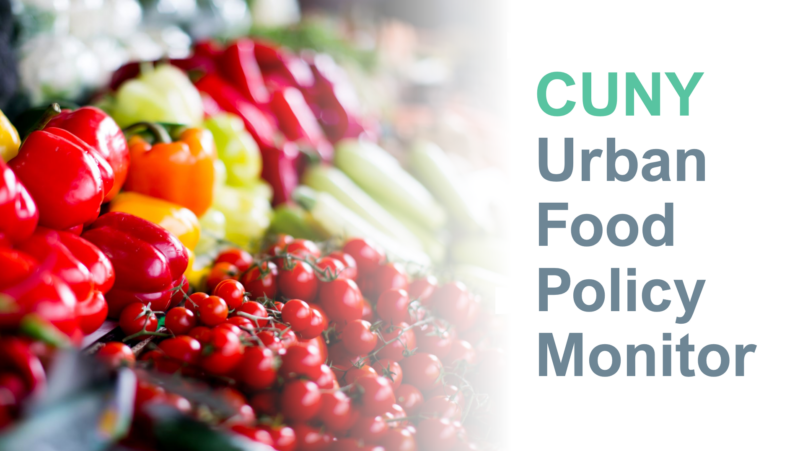IN THIS ISSUE: Mutual Aid 101: History, Politics, and Organizational Structures of Community Care / Featured Interviews: Interview with Washington Square Park Mutual Aid; Interview with Kelvin Taitt, Co-founder and Executive Director of East Brooklyn Mutual Aid / Suggested Readings / Video Recordings / Misc. / Opportunities
EDITORIAL
Greetings CUNY Urban Food Policy Monitor readers and members of our food policy learning community!
Mutual aid has become a buzzword among activists, community organizers, and academics in recent years. In the wake of the COVID-19 pandemic, communities around the globe mobilized to meet the needs of their neighbors, and the term “mutual aid” took hold in the mainstream. Yet today in the post-lockdown world, there appear to be gaps in awareness of what the term means, where it came from, and what mutual aid actually looks like in practice. Although every organization is different, a large number of mutual aid groups offer assistance around food because food is an essential part of collective survival and wellbeing of the community. When existing systems fail to meet those essential needs in crisis, mutual aid delivers those needs to the community.
In this month’s newsletter, we share an overview of mutual aid’s history in the United States, the difference between mutual aid and charity organizations, and basic best practices from organizers on how to create and sustain a mutual aid group. We also interviewed two contrasting mutual aid groups in NYC who began during the COVID-19 pandemic and continue to feed their communities today: Washington Square Park Mutual Aid (WSPMA) and East Brooklyn Mutual Aid (EBMA). WSPMA is a grassroots group with a horizontal leadership structure and anarchist values. In contrast, EBMA is a 501(c)(3) with big goals to transform the food landscape in East Brooklyn.
Guest Editors of this Issue: Valerie Peter Chong, Program Coordinator, CUNY Urban Policy Institute and Yukari Izumiyama, Intern, Healthy CUNY
Production Coordinator: Rositsa T. Ilieva, Director of Policy, CUNY Urban Food Policy Institute
Digital Content Specialist: Liv Collins, Communications Assistant, CUNY Urban Food Policy Institute
